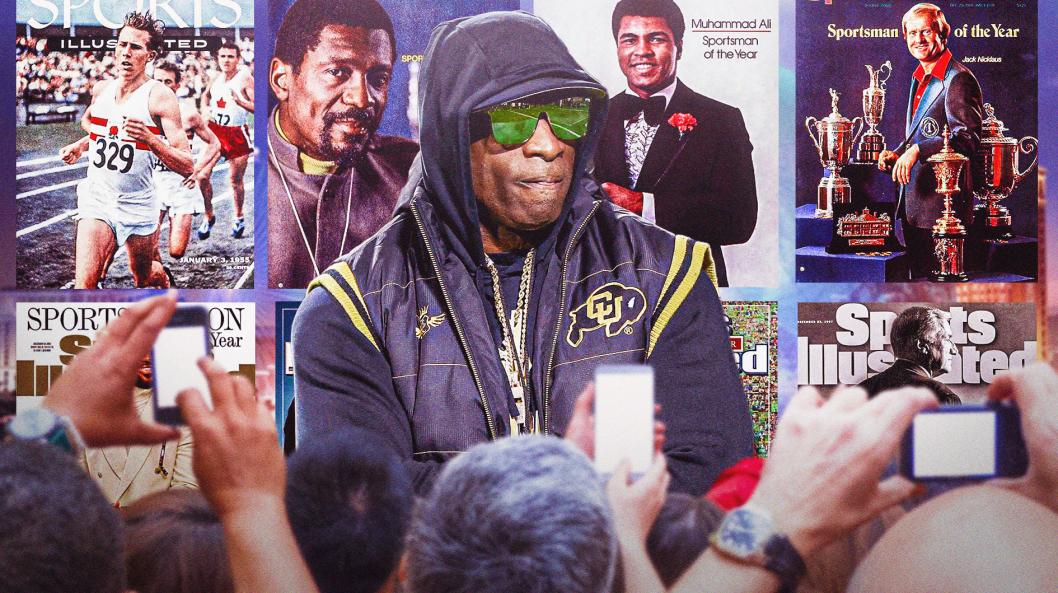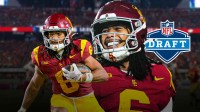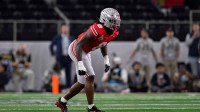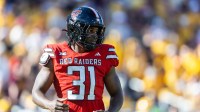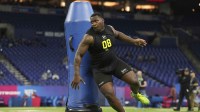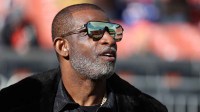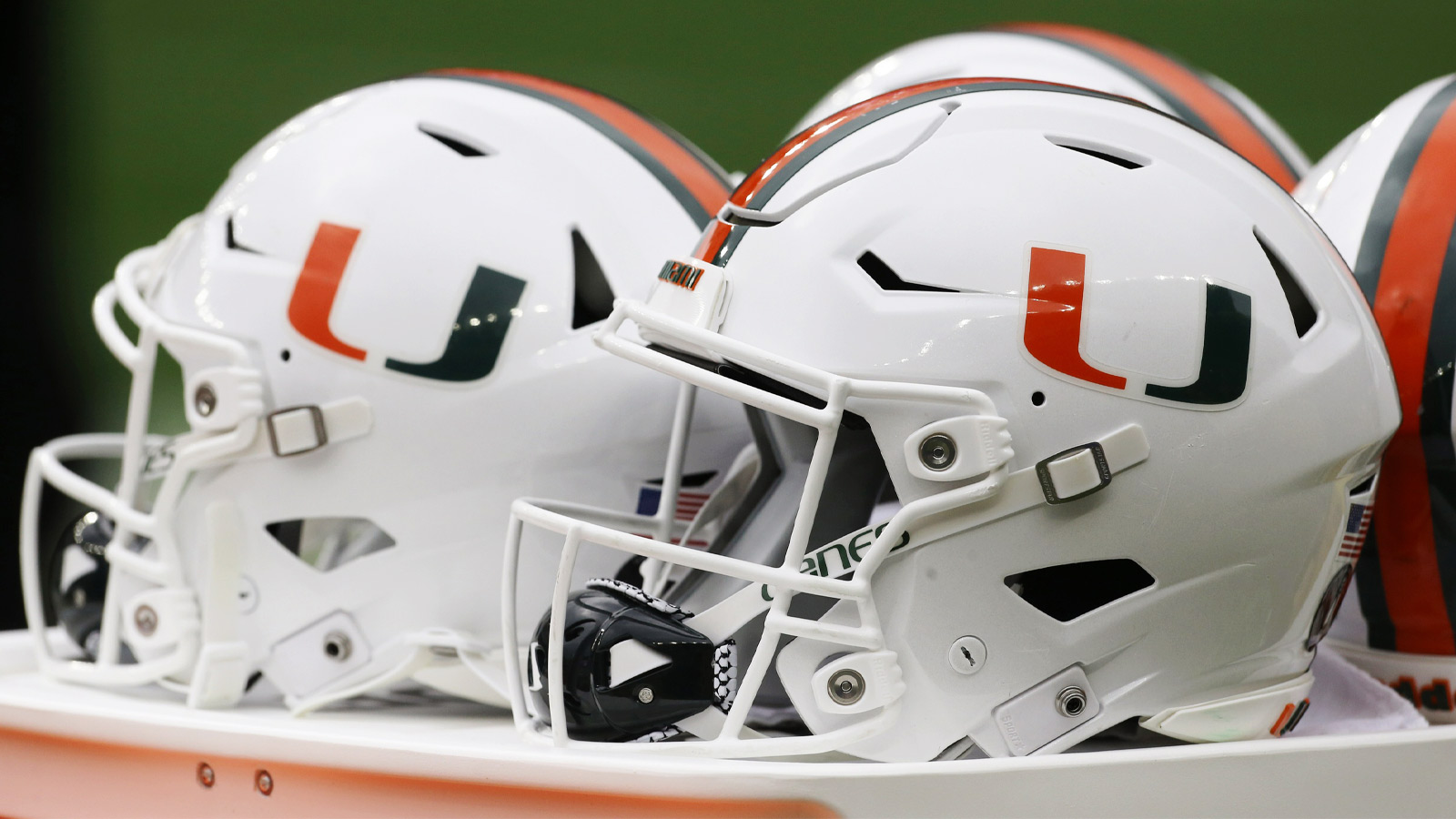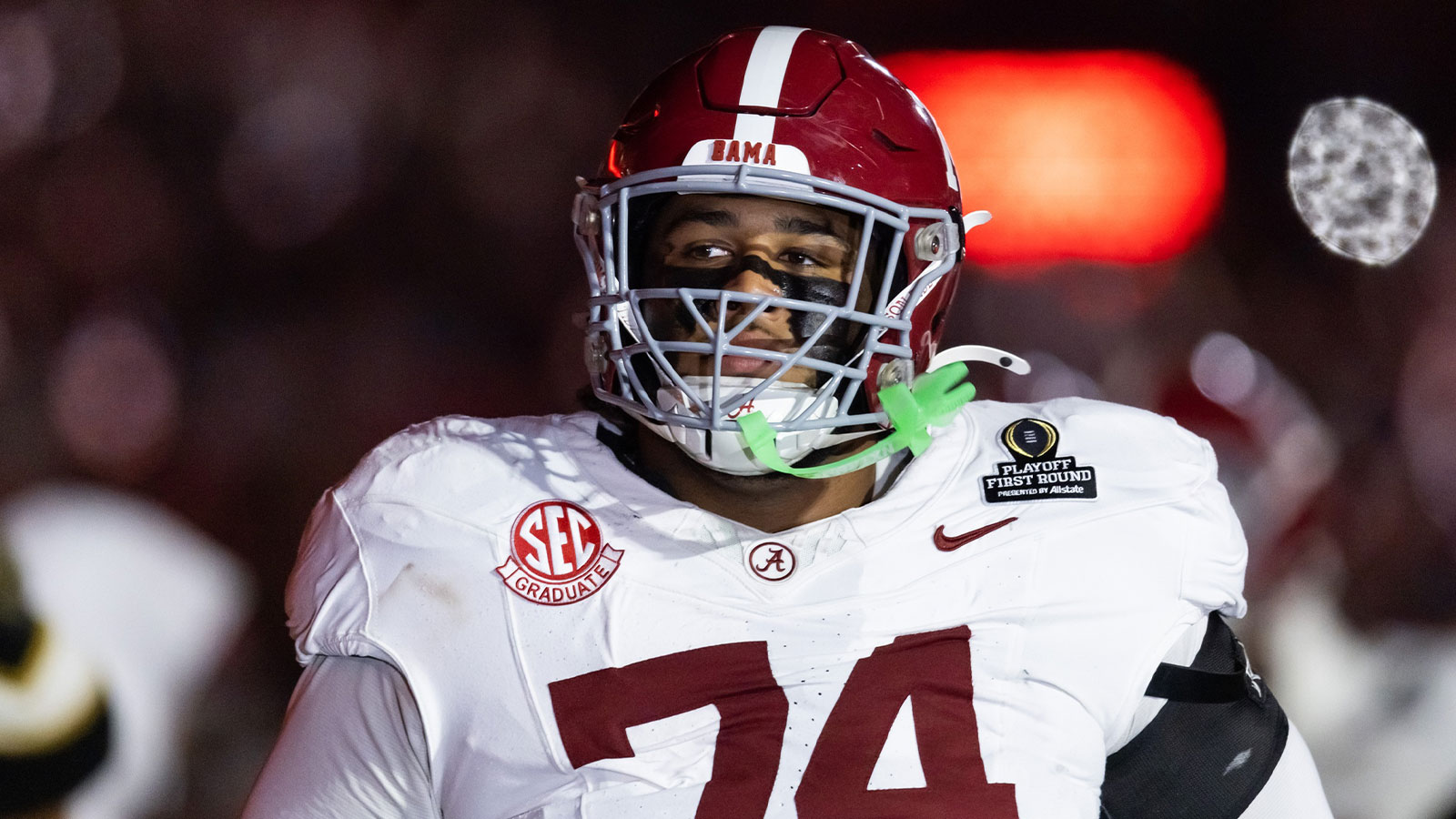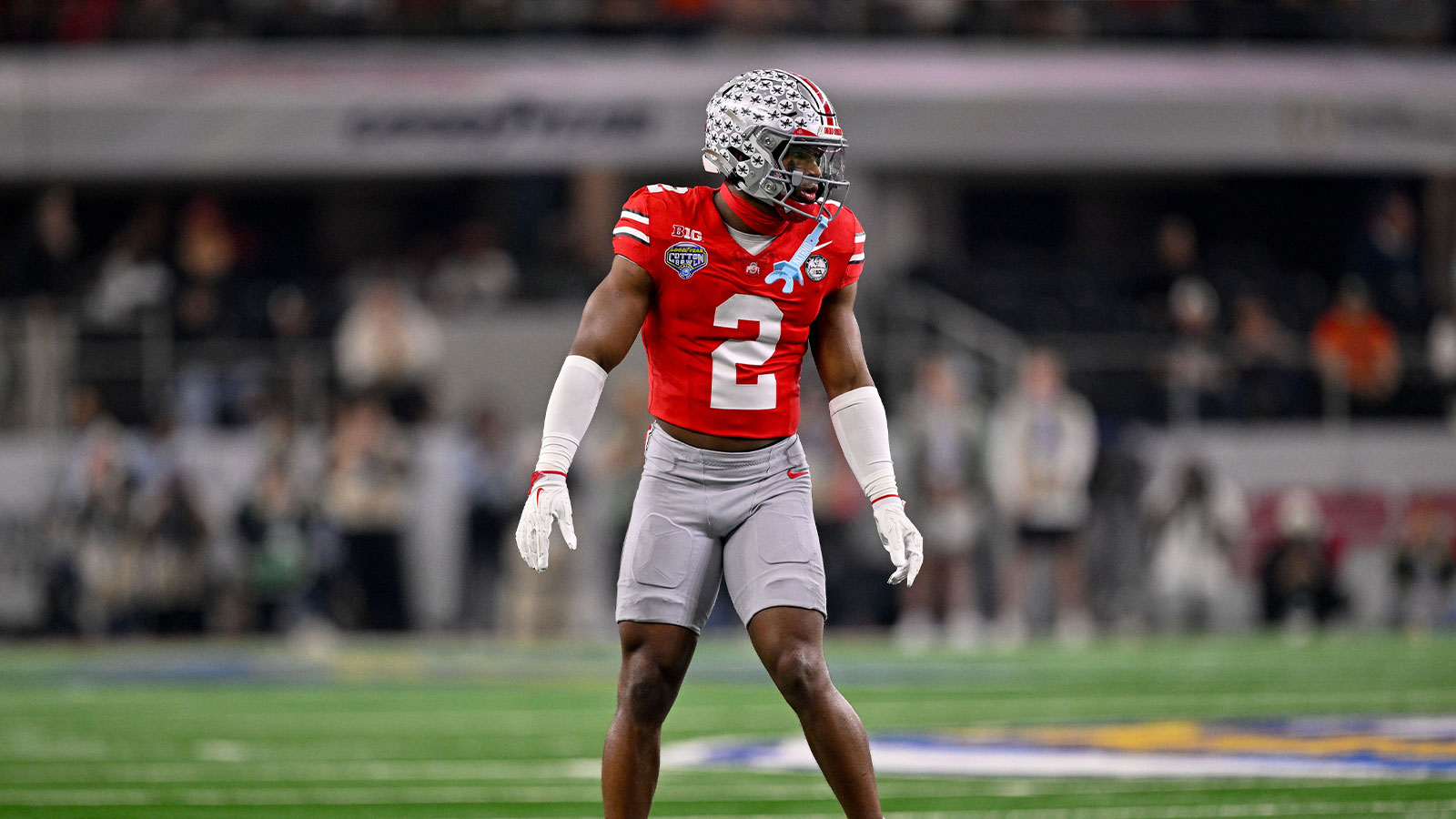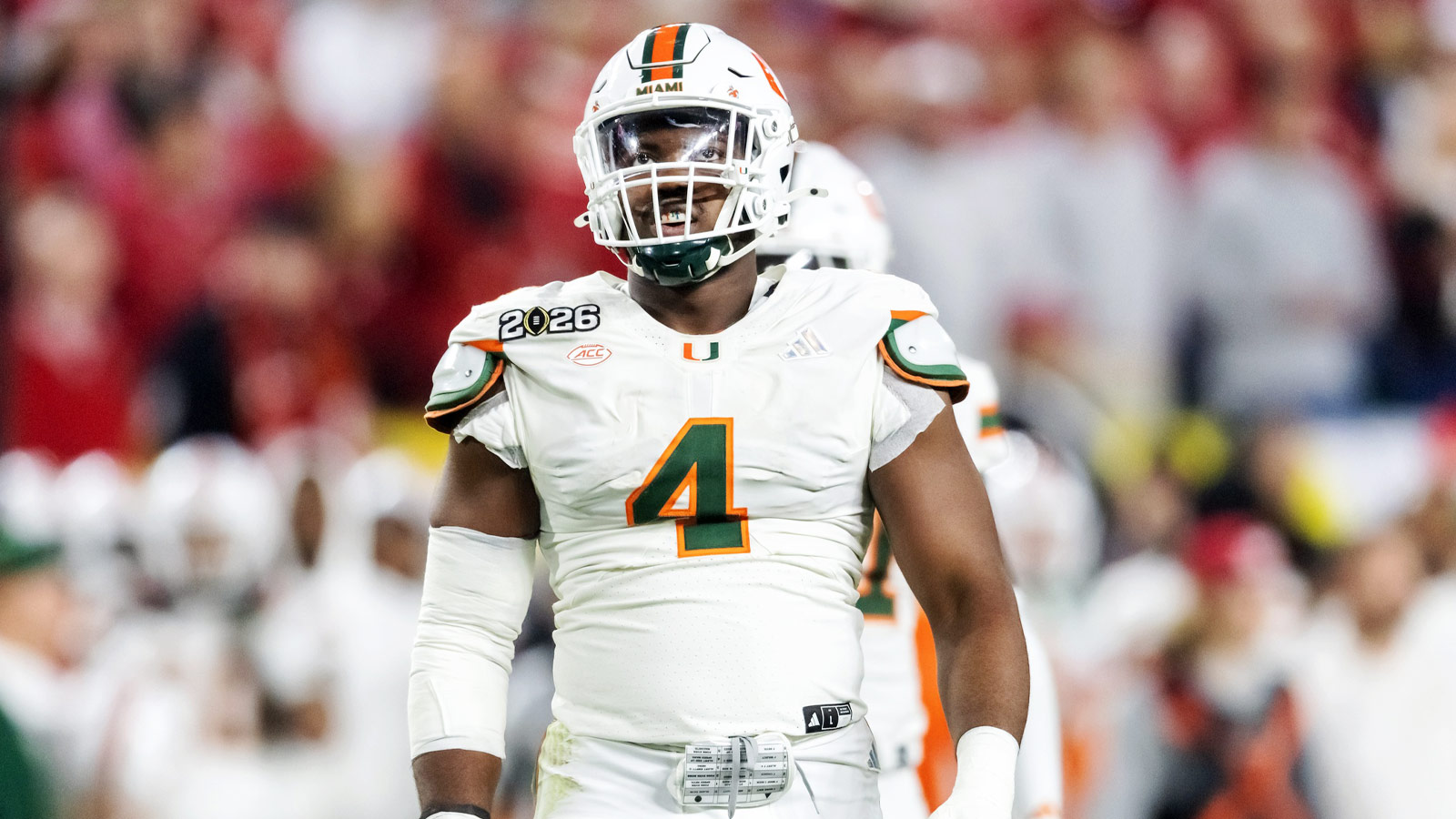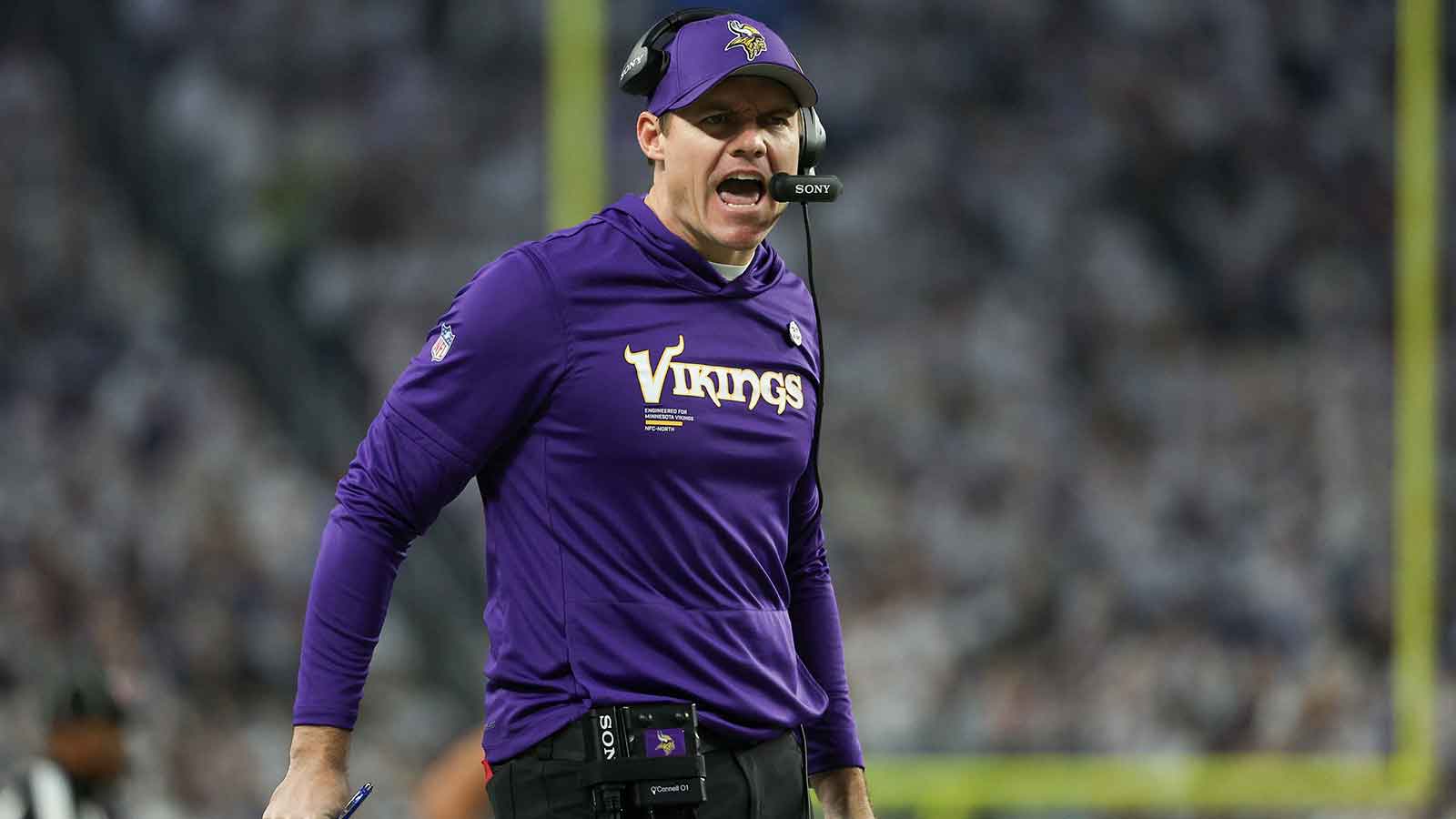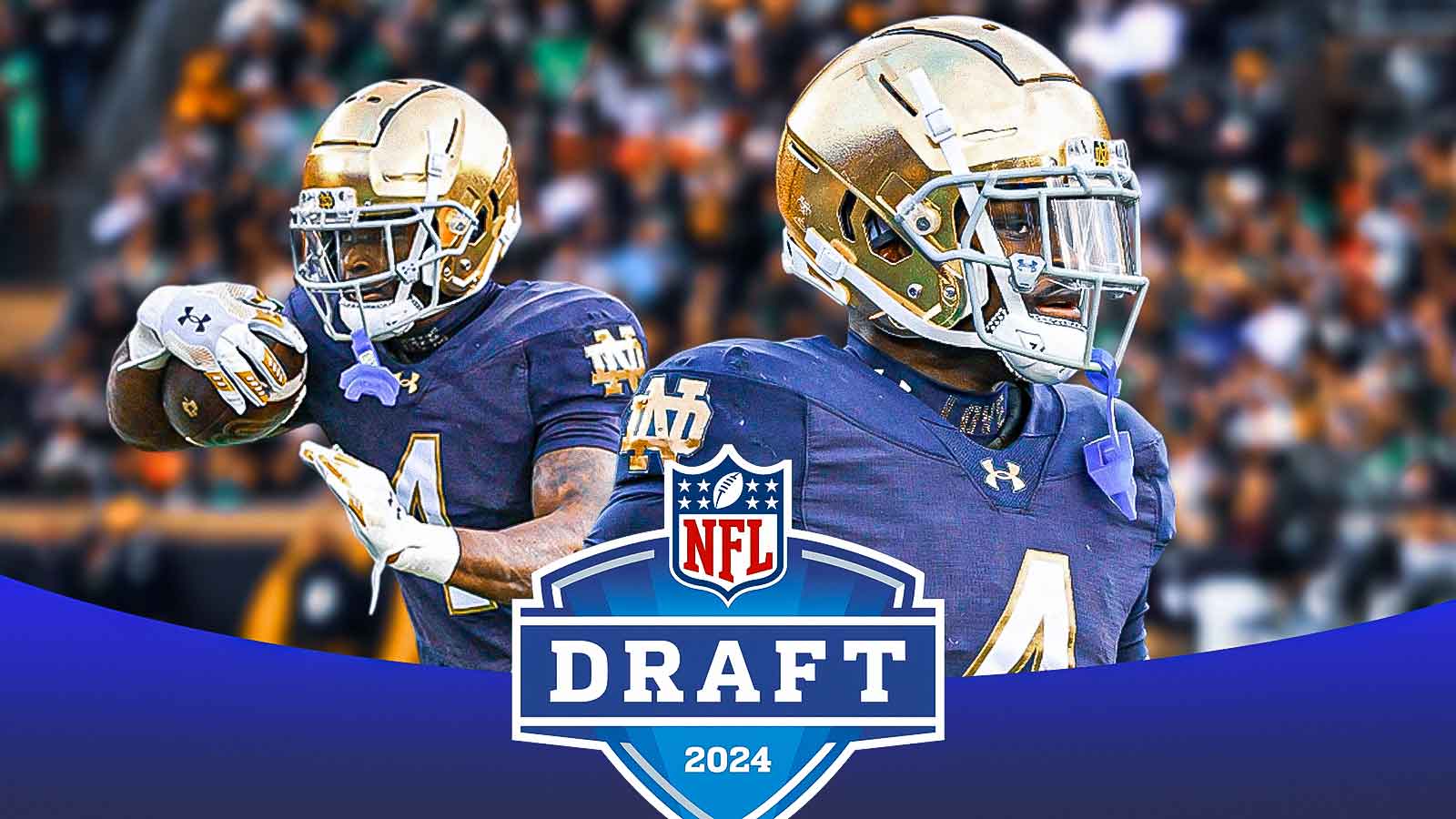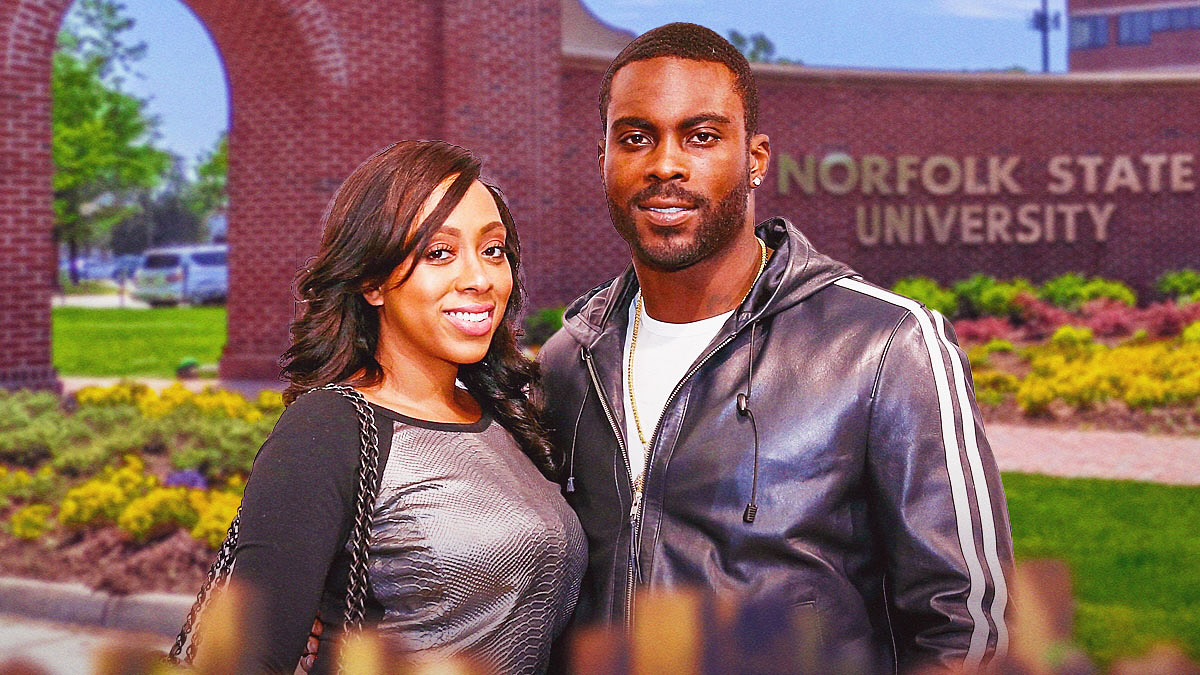When Deion Sanders took over as the University of Colorado football coach, nobody had any idea of what was to come in less than one year's time in Boulder. The season's result was the only part of this that was predictable. Colorado was projected to finish 11th in the Pac-12's preseason poll, and the Buffaloes wound up finishing dead last. But for a month's time, Boulder, Colorado became the center of the sports world, and even as the Colorado football team stumbled to a 1-8 record in their final nine games of the season, the impact of Coach Prime has proven to be profound and permanent. Or, as he put it, he's become a monument, not a moment.
Ever since 1954, the Sports Illustrated Sportsperson of the Year award has been given to “the athlete or team whose performance that year most embodies the spirit of sportsmanship and achievement.” Roger Bannister was the first winner, in celebration of running the first sub-four-minute mile. Since then, the distinction has been given to Olympians, MVP's, coaches, humanitarians, entire teams, and some of the greatest athletes of both the 20th and 21st centuries. And yet, as Deion Sanders has now officially been recognized as the 2023 Sportsperson of the Year, it feels like something different entirely.
For a moment, let's forget that the Buffaloes finished the season 4-8 in Deion Sanders' first campaign as the Colorado football coach, because ultimately, the wins and losses don't matter.
Okay, yes, of course, wins and losses matter, but here's what I'm trying to say: the sporting events that we consume on television every night of the year is about so much more than who wins and who loses, because at the end of the day, no result on the court, field, ice, or ring would stop the machine from continuing to churn. Sports will live as long as humans do, because it represents so much more than just competition. It's business. It's hope. It's teamwork. It's entertainment. It's employment. It's representation.
It's something much larger than any of us as individuals.
And that's why Deion Sanders is the rightful winner of the 2023 Sports Illustrated Sportsperson of the Year award.
He's the Sportsperson of the Year, because more important than the 4-8 record are these numbers, provided by Pat Forde of Sports Illustrated:
“First-year applications are up 26.4% year over year; Black or African American applications are up 80.6%; nonresident applications are up 29.8%; and international applications are up 38.4% from 97 countries, including 16 that didn’t have any applications last year. While those numbers cannot be definitively linked to Sanders, others can be: September sales at the school’s online team store were up 2,544% over the same month in 2022. Every home game in 50,183-seat Folsom Field was sold out for the first time in school history.”
That's the impact of a man who deserves to be named Sportsperson of the Year. It's the impact of a man making a huge difference in a community that needs every opportunity that they can get to feel as though they are on an even playing field with the rest of the world. It's the impact of a man who came from humble beginnings in Fort Myers, FL and knows that he can use his platform to shine a spotlight on young athletes who were just like him.
And how about these numbers:
“The previously irrelevant Buffs had the most-watched game of the season through the first 11 weeks, as 10.03 million viewers tuned in for the Sept. 23 loss to Oregon. In fact, Colorado has had five of the 13 most-watched games; Alabama had three of the top 13 to that point, while Ohio State, Texas, Penn State and LSU each had two.”
The sports world has tuned in to see what Deion Sanders is doing in Colorado, and it's not just the average Joe's like me who are eager to see what Coach Prime can do with the Buffs. In his short time in Boulder, various celebrities and high-profile athletes have been along for the ride, becoming backers of the Buffaloes when it's overwhelmingly likely that they previously had never thought about the Colorado football program.
No place has felt the impact of Deion Sanders' arrival at the University of Colorado than Boulder itself. “Visit Boulder, the convention and visitors bureau, calculates that the total economic impact of the first four home games—where attendance was up by nearly a third over last year—was an estimated $77.8 million, a massive jump from 2022,” Forde writes in his story.
“Boulder felt kind of beaten up, or beaten down, through the pandemic,” city council member Rachel Friend tells Pat Forde. “Our potholes haven’t been filled as readily, we can’t figure out how to get unhoused people what they need and we’ve had a notable increase in that population. There is a cash infusion [from football into the economy] that means more potholes are going to be filled. People living here and visiting here are going to be taken care of better.”
And isn't that what all of this is about? When we strip away everything else, isn't the monetization of sport about creating better opportunities for people, on and off the field? Isn't that exactly what Deion Sanders has provided to the city of Boulder, to the state of Colorado, and thousands of young athletes who want to grow up and be like Prime?

